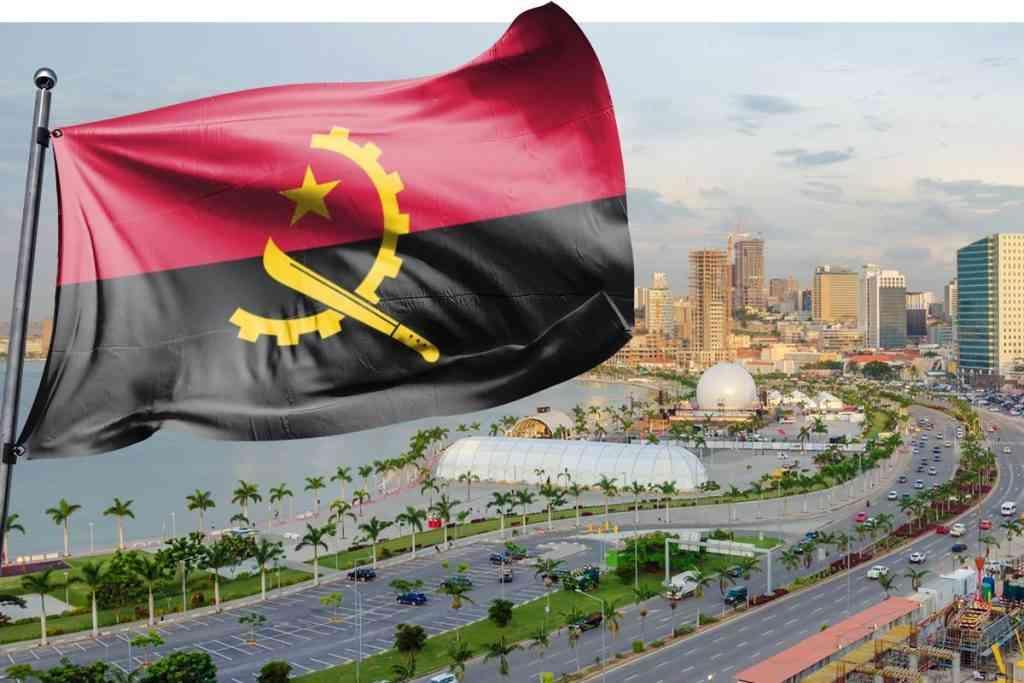Africa-Press – Zimbabwe. Heads of State and Government, representatives of development finance institutions, and private investors meet in Luanda, Angola, in October to mobilise capital to finance Africa’s infrastructure projects amid an annual funding gap of over US$100 billion.
The October 28 to 31 Luanda Infrastructure Financing Summit is organised by the African Union Development Agency (Auda-Nepad), in partnership with the African Union Commission and Angola.
It comes as Africa gears up to mobilise the US$1,3 trillion required to implement the Continental Power Systems Master Plan for an African Single Electricity Market by 2040.
The African Union has identified infrastructure as an enabler for development.
The African Union’s Agenda 2063 (Aspiration 2) calls for world-class infrastructure that connects the entire continent by road, rail, air, power networks, and digital links, underscoring infrastructure as a foundation for inclusive and sustainable development.
This summit builds on the successes and lessons learned from the two prior summits, held in Dakar, Senegal, and underscores the need to accelerate investment mobilisatio for Africa’s infrastructure and Industrialisation priorities, while aligning with continental frameworks like Programme for Infrastructure Development (Pida).
Pida requires $16 billion annually to deliver transformative, cross-border projects that deliver the continent’s industrial, trade, and energy ambitions by 2030.
The summit seeks to mobilise capital at scale for infrastructure projects aligned with Agenda 2063, the African Continental Free Trade Area (AfCFTA), and flagship frameworks, such as Pida, Continental Energy System Master Plan, and the African Integrated Railway Network Project.
According to organisers, the Luanda Summit will spotlight Africa’s readiness to attract investment through innovative instruments.
These include Auda-Nepad’s Service Delivery Mechanism, the Nepad Infrastructure Project Preparation Facility, the Continental Business Network, and Africa50.
“The event will promote strategic partnerships, strengthen project pipelines, and accelerate the delivery of bankable, transformative infrastructure across the continent,” the concept note said.
The summit seeks to mobilise domestic and international public, private, and innovative financing to bridge Africa’s infrastructure funding gap, supporting Auda-Nepad’s role in advancing Agenda 2063’s Second Ten-Year Plan.
It seeks to address the early-stage project preparation and risk mitigation to make African infrastructure projects more bankable and attractive to investors.
It is billed to facilitate the sharing of best practices on infrastructure financing mechanisms, including the use of digital tools and AI, climate-resilient approaches, and successful case studies of public-private partnerships.
It seeks to foster partnerships and increase financial commitments by bringing together governments, financiers, investors, and solution providers to form partnerships, sign MoUs, and initiate deals that will drive project implementation (especially for priority regional projects under Pida).
The summit also seeks to create a marketplace platform to empower African MSMEs by showcasing local infrastructure innovations and connecting them with investors and buyers, enhancing their role in major infrastructure projects.
It is tipped to design and apply blended finance models that merge public, private, and concessional funding to reduce investment risk and attract diverse investors—supporting AUDA-NEPAD’s mission to fast-track infrastructure, boost regional integration, and advance Agenda 2063 and the Sustainable Development Goals.
Infrastructure development is at the heart of commerce, and a prerequisite to double intra-African trade to 25% by 203, according to AfCFTA Secretariat secretary-general Wamkele Mene.
“The cost of not connecting our countries is a lack of competitiveness, a lack of growth, a lack of employment. But we know from this subregion – Southern Africa – that trade corridors do make a significant difference. Data shows that when you connect markets through a network of trade corridors, trade significantly increases. Now we must look at enhancing the efficient movement of goods through these trade corridors. We must invest in the digitisation of our transport and transit systems, the physical and soft infrastructure,” Mene said at the Africa50 general meeting of shareholders last week.
For More News And Analysis About Zimbabwe Follow Africa-Press






